What fruits are laxatives?
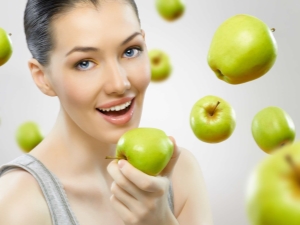
For constipation, most people need to take medication and follow a diet. A balanced diet involves eating a large amount of plant foods. Some fruits have a laxative effect and are a natural remedy for constipation. They must be taken on an empty stomach in the morning.
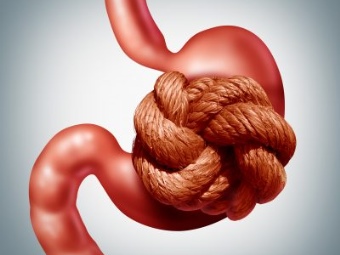
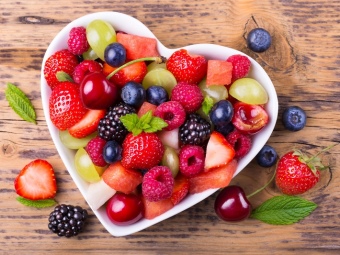
Causes of constipation
In most cases, the cause of constipation is not a pathological process, since the stagnation of feces in the intestinal tract in 85% of people develops due to malnutrition. It is worth noting other factors that affect the occurrence of a chronic form of the disease.
- Dehydration. With insufficient fluid intake, stool does not soften and it is more difficult to pass through the digestive tract. In addition, the intestines do not produce enough mucous secretion to facilitate the removal of digested products from the body. The amount of fluid needed is calculated depending on body weight. On average, a person weighing 70 kg needs up to 1.5 liters of water per day.
- Unbalanced diet. Irregular eating of fatty, spicy and salty foods impairs the peristalsis of the smooth muscles of the internal organs and leads to stool retention. A similar situation occurs when a person often snacks on dry food during the day.
- Sedentary lifestyle. In the presence of sedentary office work, people do not have the opportunity to move. If the skeletal muscles remain passive for most of the day, the rate of metabolic processes decreases, and intestinal peristalsis worsens. As a result, there is a risk of constipation.
- Abuse of drugs that reduce the activity of the smooth muscles of the digestive system. To avoid such a problem, it is necessary to adhere to the dosages prescribed by the doctor.
- Damage to the gastrointestinal tract. Problems with the motility of internal organs develop in some diseases: hemorrhoids, muscle atrophy and intestinal obstruction.
- Pathological conditions: malignant neoplasms in the digestive tract, diabetes mellitus, infectious lesions of the spinal cord, rectal injuries and anal fissures.
In rare cases, the cause of stool retention can be severe stress, causing spasms of the intestinal muscles.
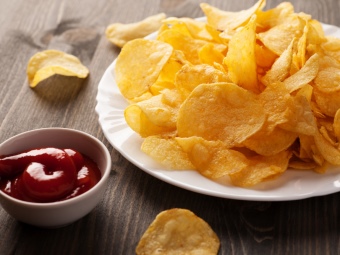

In childhood, the main cause of constipation is malnutrition or insufficient intake of plant foods. In infants, stool disorders develop if parents introduce complementary foods too early. In this case, the child's digestive system is not prepared to digest solid food. In addition, infants require more fluid to facilitate the passage of products through the fragile intestines.
Periodic constipation in adults can occur during moving or long journeys. This phenomenon is due to a disturbed diet, an unbalanced diet and stress. In some cases, the cause of problems with bowel movements can be mono-diets on plant foods.Coarse fiber is difficult to digest and slowly passes through the gastrointestinal tract, causing stagnation of the semi-digested food coma. Normally, you need to empty the intestines daily in the morning. When defecation does not occur, there is a feeling of heaviness in the stomach, there is pain in the epigastric region, loss of appetite.
Self-treatment of constipation is not recommended, since the wrong dosage of drugs with a laxative effect and cleansing enemas can worsen the general condition of the body.
Drug therapy should be prescribed by a gastroenterologist. To improve intestinal motility, you can adjust your diet by supplementing it with some types of fruits.


What fruits have a laxative effect?
Fruits are high in soluble fiber and glucose, which have a beneficial effect on the smooth muscles of the digestive system. Vitamins and minerals normalize the water and electrolyte balance, ensuring that a sufficient amount of fluid enters the large intestine. The water will help soften the stool. Fruits stimulate the production of mucous secretion, which facilitates the movement of the food coma through the intestines.
It is recommended to consume raw fruits every day. A good option are canned, baked and dried fruits. They relax the intestinal muscles, facilitating the process of defecation. Plant foods should be consumed in the morning on an empty stomach.

- Avocado saturated with folic acid, minerals and vitamin K, which are necessary for the normalization of intestinal motility. Each fruit consists of 30% vegetable fiber, which stimulates peristalsis.When eating 1 fruit per day, you can improve the process of digestion and absorption of nutrients. Due to the high content of vegetable fiber, the food lump will be easier to pass through the digestive tract. Magnesium and lutein in the composition of the product improve the absorption of vitamins and normalize the water and electrolyte balance in the body. They are recommended to be consumed daily.
- Apples. The laxative properties of sweet and sour fruits are due to the content of a large amount of pectin. Another name for it is soluble fiber. When passing through the intestines, pectins are broken down, forming a mucous solution. It impregnates the food lump, facilitating its removal from the body. You can enhance their therapeutic effect if you eat fruits in a baked form.
- Bananas. Bananas contain polysaccharides, vitamins B, K and beta-carotene, which stimulate the production of mucous secretions in the intestines. It facilitates the passage of food through the digestive tract. Bananas are high in potassium, which is involved in smooth muscle contraction. Due to its influence, the intestines do not experience a strong load when digesting solid foods. The laxative effect is enhanced if bananas are overripe. In old age, you should eat baked fruits.
- Citrus. They contain organic acids that speed up metabolic processes and stimulate the production of active enzymes. Oranges, lemons, pomelo, a small amount of lime juice, tangerines and grapefruit pulp have a beneficial effect on the work of the intestines. The high content of organic acids inhibits the growth of pathogenic microorganisms in the intestine, normalizing the natural microflora.As a result, bifidobacteria help digest and assimilate complex carbohydrates such as plant fiber. The latter in the composition of citrus fruits enhances the peristalsis of the digestive tract, contributing to the excretion of feces. At the same time, it does not linger in the body due to the work of bifidobacteria.
- Prunes and plums. They have a pronounced relaxing effect on the smooth muscles of the digestive tract. They contain sorbitol, which retains fluid. Due to this effect, the feces soften and are more quickly excreted from the body. Plums in fresh or dried form can get rid of chronic and acute constipation. To do this, you need to eat fruits in between meals or before meals. Pre-soak about 10 fruits in warm water, after which they can be consumed on an empty stomach. Prunes are consumed in the afternoon. It is also recommended to take decoctions based on prunes in order to free the digestive organs from slag masses and toxins. In addition to the laxative effect, such a solution will have an antibacterial effect, suppressing the reproduction of pathogenic microorganisms. As a result, the natural intestinal microflora is normalized, which facilitates the digestion and assimilation of coarse fiber and some protein products.
- Dried apricots and apricots. Dried apricots are allowed to be consumed when, for any reason, it is impossible to eat fresh fruit. Dried apricots produce a strong laxative effect, allowing you to speed up the process of removing feces from the body.
Dried fruit is approved for use by children and pregnant women. Older people should pre-soak dried apricots in warm water to make them easier to digest.
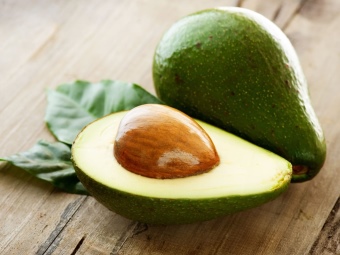
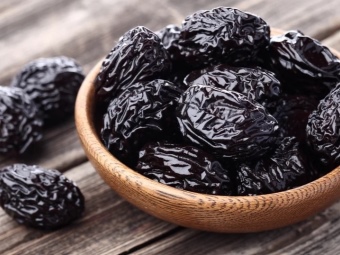
For adults
For an adult, plant foods with a high fiber content help to improve the functioning of the gastrointestinal tract. When it enters the stomach, dietary fiber absorbs liquid and increases in size, irritating the walls of internal organs. In this form, they pass into the intestine, the walls of which contract reflexively. This phenomenon is observed in response to irritation - smooth muscles squeeze the food bolus to facilitate its digestion and excretion from the body. For chronic constipation, an adult should drink laxatives prescribed by the attending physician. In parallel, diet therapy is carried out, which involves the use of certain fruits with a laxative effect.
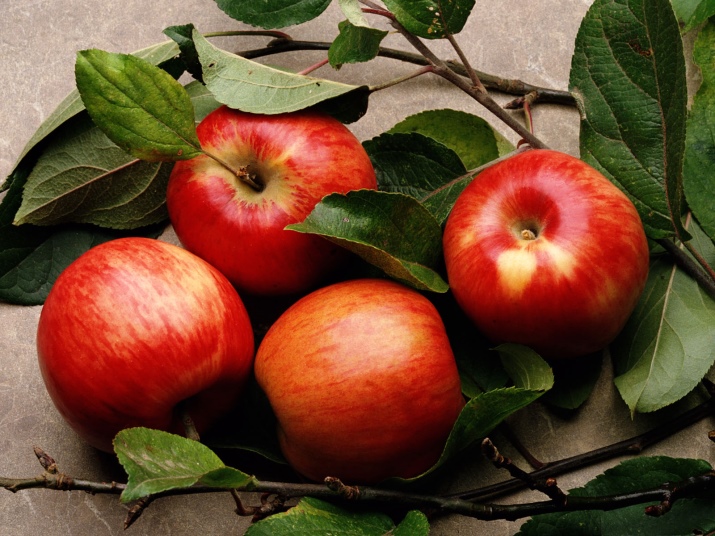
People over 50 years of age begin to have problems with intestinal motility. Smooth muscles are quickly depleted, its tone drops, which is why changes in the natural microflora are observed. The latter is involved in the processing of complex carbohydrates or vegetable fiber. Due to impaired peristalsis and problems with the digestion of dietary fiber, constipation appears. In such a situation, fresh fruit is not recommended for consumption. For the elderly, fruit should be baked or stewed.
During pregnancy, you should not eat foods containing potential allergens. During this period, a woman has an unstable hormonal background, due to which an allergic reaction may occur when eating fruits. Citrus fruits should not be consumed.
Bananas, plums and dried fruits will help get rid of constipation in a pregnant woman.
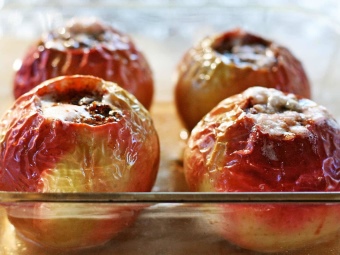
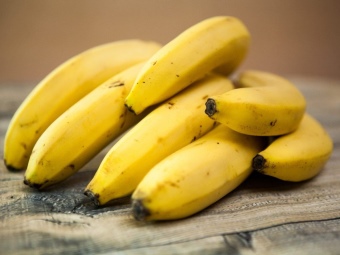
For kids
It is difficult for a one-year-old baby to digest solid food. His gastrointestinal tract is just beginning to adapt to new foods in the diet, so these children have frequent stool disorders. If the child is less than a year old, his mother needs to carefully monitor her diet. A woman is not recommended to eat foods that relax the motility of internal organs. Such food includes meat and fish products, legumes.
For older children, in case of problems with bowel movements, it is necessary to balance the diet. The diet of the child must necessarily contain a large amount of protein and plant foods rich in fiber. The menu also includes fruits that weaken the intestines. At the same time, the child should drink enough fluids: still mineral water, freshly squeezed juices and homemade compotes. Fruit kissels and fresh juices can worsen the condition of the body.
With stool delays, children should be given pureed prunes with raisins. It is useful to use fresh raspberries, blackberries and lingonberries. From fruits, it is necessary to include oranges, plums, bananas and kiwi in the child's diet.
Citrus fruits should be given in small quantities so as not to cause gastritis or heartburn.
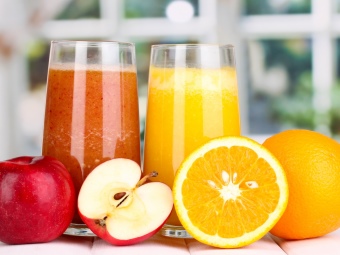
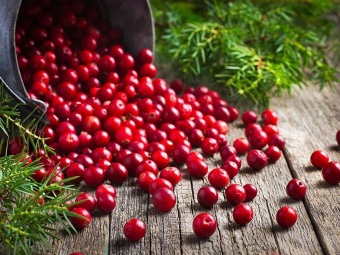
What is better to give up?
Certain varieties of high-fiber fruits can make constipation worse. Dietary fiber is difficult to digest, so an excess of it can lead to problems with bowel movements. In the acute period of the chronic form of the disease, it is also not recommended to use vegetable fiber. In the presence of a pathological process, it is necessary to refuse or limit the consumption of the following fruits:
- bananas - due to the high content of starch, soft fruits strengthen the stool;
- pears have a high content of glucose and starch; carbohydrate compounds increase the density of feces, which makes it difficult to defecate;
- dates have a similar effect as bananas - they contain a large amount of polysaccharides, 80% of which is starch;
- persimmon produces an astringent effect, in which the food lump in the stomach is compacted, this action is due to protein coagulation and dehydration.
Water leaves the semi-digested mass, as a result it becomes dry and difficult to pass through the digestive tract.
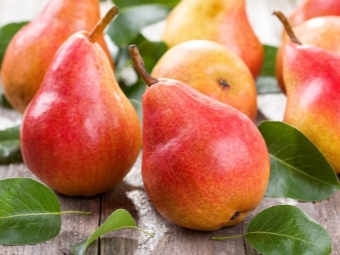
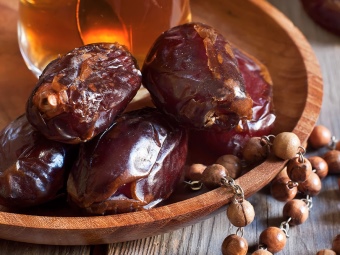
Recommendations for use
For constipation, the following recommendations are on the use of fruits with a laxative effect:
- eat fractionally 5-6 times a day with an interval of 2-3 hours in portions of 200-300 g; thanks to such a system, fruits will be quickly digested;
- you can eat fruit 60-90 minutes before meals; in the first half of the day, at least 400 g of fresh fruits should be taken;
- you need to drink 2 liters of fluid per day; together with fruits, it is recommended to use herbal decoctions and sour-milk drinks, which enhance the laxative effect;
- fruits can be baked and steamed to facilitate their process of digestion and passage through the digestive tract; fruits cooked in a water bath are recommended for people with constipation due to pancreatitis or diabetes; it is considered useful to use decoctions, smoothies or compotes based on fruits with a laxative effect.

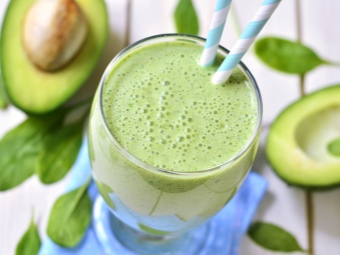
For information on which products are laxatives, see the following video.

















